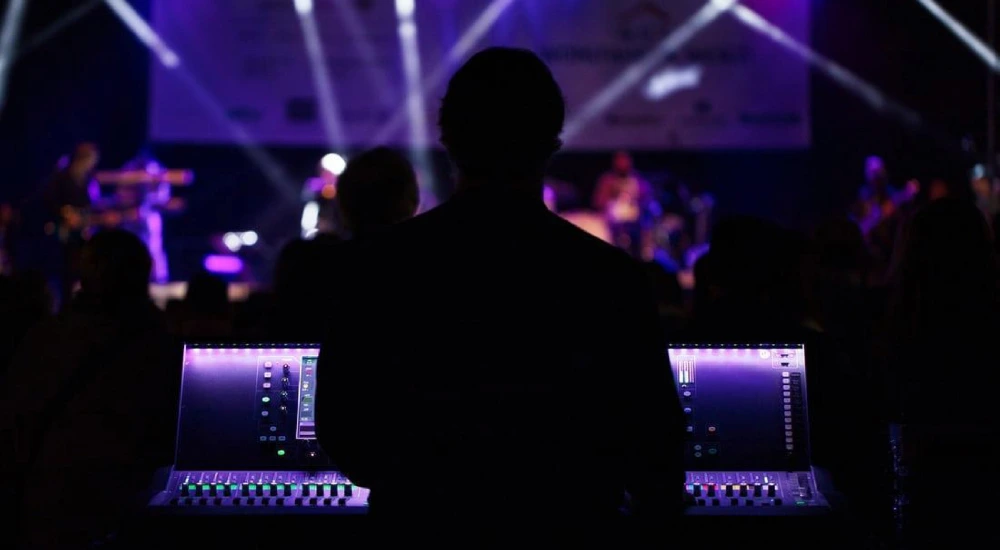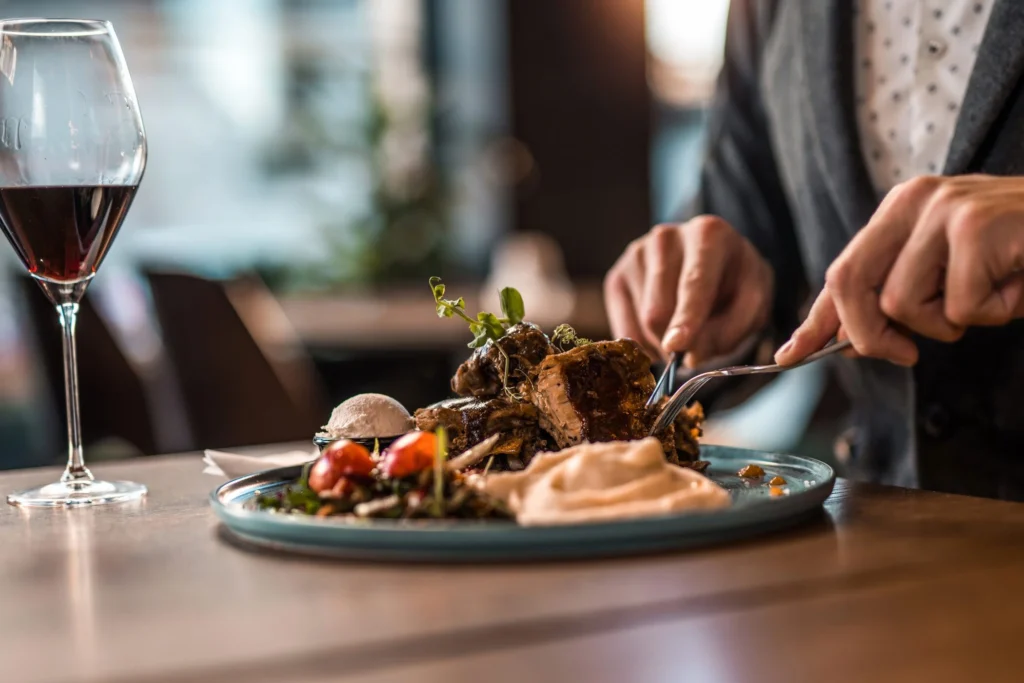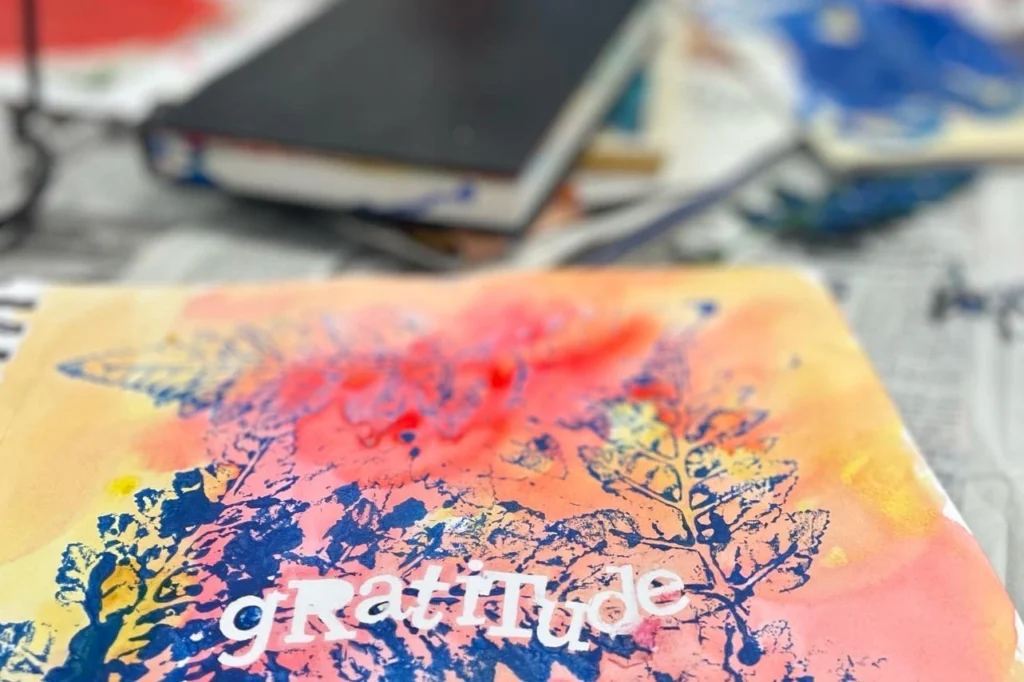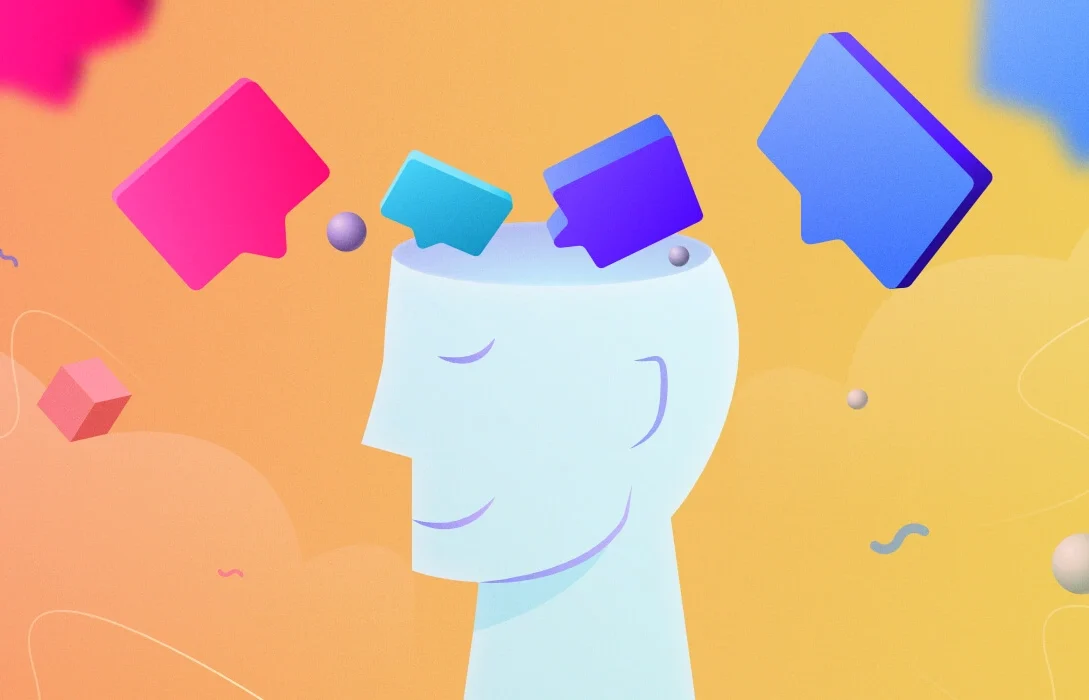What is the psychology of guest experience? When it comes to private events, whether it’s a wedding, a milestone birthday celebration, or an intimate dinner party, creating an unforgettable guest experience is the holy grail. As someone who’s had their fair share of hosting and attending such gatherings, I’ve come to appreciate the subtle yet powerful role psychology plays in making these events truly exceptional.
In this article, I’ll take you on a journey through the psychology of guest experience, sharing insights and tips on how to craft memorable moments that will have your guests talking about your event for years to come.
Anticipation and the Power of Invitations

The guest experience begins well before the event itself. The psychology of anticipation is a potent force that sets the tone for what’s to come. When crafting your invitations, think about the emotions you want to evoke. A beautifully designed, personalized invitation can generate excitement and curiosity.
The use of carefully chosen words and images can trigger positive emotional responses. For example, if you’re planning a rustic-themed wedding, you might use earthy tones and images of serene countryside landscapes. These visual cues create a mental image of the event that guests will carry with them until the big day.
Personalization and Connection
Once your guests arrive, they should feel a sense of connection to the event and, more importantly, to the hosts. Personalization is key to achieving this. Remember, people love hearing and seeing their names. A personalized welcome sign, a handwritten note at their place setting, or even a custom cocktail named after them can work wonders in creating a sense of belonging.
Research in psychology shows that personalization increases the perceived value of an experience, making guests feel like they’re part of something exclusive and unique. This connection can be a lasting memory, which makes your event unforgettable.
Setting the Mood with Lighting and Music

The psychology of sensory perception plays a crucial role in creating a memorable guest experience. Lighting and music can set the mood, evoke emotions, and even influence behaviour. For example, warm and soft lighting can create a cosy, intimate atmosphere, while upbeat music can encourage people to dance and socialize.
Remember that different lighting and music can have varying effects on guests. For instance, dimmed lighting might make guests feel more relaxed, whereas a bright, well-lit space can create a lively and energetic ambience. The key is to choose lighting and music that align with the overall vibe you want to create.
The Power of Storytelling
Human beings are natural storytellers, and our brains are wired to respond to narratives. At your private event, consider weaving a story throughout the evening. Share anecdotes about the couple at a wedding or the guest of honour at a birthday party. Tell stories that highlight their journey, their quirks, and the memorable moments that have led to this celebration.
Psychology research suggests that storytelling not only engages people emotionally but also helps with memory retention. Guests will remember your event more vividly if it’s tied to a compelling narrative.
Food and Drink: Culinary Psychology

When it comes to private events, food and drink are often the stars of the show. The psychology of taste and flavour can be a game-changer in creating a memorable guest experience. The concept of “culinary psychology” explores how food and its presentation can influence our perception of an event.
Consider the progression of flavours throughout the evening. Start with light and refreshing appetizers to awaken the palate, followed by richer and more complex dishes to keep guests engaged. Pairing wines or cocktails with specific courses can enhance the overall dining experience. Remember, it’s not just about taste; it’s about the entire sensory experience, including presentation, texture, and aroma.
The Element of Surprise
Surprises are powerful memory triggers. People remember unexpected moments, whether it’s a surprise performance, an unexpected twist in the evening’s program, or a hidden treasure hunt at a birthday party. These surprises create a sense of novelty, and our brains tend to remember novel experiences more vividly.
One way to implement this is to introduce unexpected elements at your event, like a surprise guest, an impromptu dance performance, or a unique interactive activity. These surprises will keep your guests engaged and talking about your event long after it’s over.
The Art of Gratitude

As a host, expressing gratitude is a simple yet highly effective way to leave a lasting impression. Psychology research shows that feelings of gratitude can enhance the overall experience and strengthen social bonds. After all, your guests have invested their time and emotions in attending your event.
Send them home with a heartfelt thank-you message, a small token of appreciation, or a personalized note expressing your gratitude. This final touch will leave a positive emotional imprint on your guests and ensure they remember your event fondly.
Post-Event Follow-Up
The psychology of guest experience doesn’t end when the event is over. Post-event follow-up is equally important in ensuring that your guests leave with a lasting positive impression. Send out thank-you notes, share photos and videos from the event, and encourage guests to share their memories and experiences.
These post-event interactions keep the sense of connection alive and create opportunities for continued engagement. They also provide valuable feedback for future events, helping you refine your approach to host even more unforgettable gatherings.
Conclusion
The psychology of guest experience is a multifaceted journey that starts with anticipation, weaves through personalization, sensory perception, storytelling, and culinary psychology, and culminates in surprises, gratitude, and post-event follow-up.
By understanding and leveraging the psychology of guest experience, you can create private events that are not just memorable but truly unforgettable. So, go ahead and craft your next event with a touch of psychology, and watch your guests leave with hearts full of joy and memories to cherish for a lifetime.







